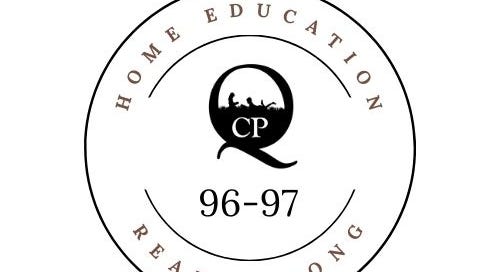Home Education (pp. 96-97)
PART III ‘HABIT IS TEN NATURES’: I.—EDUCATION BASED UPON NATURAL LAW
PART III
‘HABIT IS TEN NATURES’
I.—EDUCATION BASED UPON NATURAL LAW
A Healthy Brain.—What I desire to set before the reader is a method of education based upon natural law. In the first place, we have considered some of the conditions to be observed with a view to keep the brain in healthy working order; for it is upon the possession of an active, duly nourished brain that the possibility of a sound education depends.
Out-of-Door Life.—The consideration of out-of-door life, in developing a method of education, comes second in order; because my object is to show that the chief function of the child—his business in the world during the first six or seven years of his life—is to find out all he can, about whatever comes under his notice, by means of his five senses; that he has an insatiable appetite for knowledge got in this way; and that, therefore, the endeavour of his parents should be to put him in the way of making acquaintance freely with Nature and natural objects; that, in fact, the intellectual education of the young child should lie in the free exercise of perceptive power, because the first stages of mental effort are marked [p 97] by the extreme activity of this power; and the wisdom of the educator is to follow the lead of Nature in the evolution of the complete human being.
The next subject for consideration—a rather dry psycho-physiological one—seems to me, all the same, to be very well worthy of attention as striking the keynote of a reasonable method of education.
Habit the Instrument by which Parents Work.—‘Habit is ten natures!’ If I could but make others see with my eyes how much this saying should mean to the educator! How habit, in the hands of the mother, is as his wheel to the potter, his knife to the carver—the instrument by means of which she turns out the design she has already conceived in her brain. Observe, the material is there to begin with; his wheel will not enable the potter to produce a porcelain cup out of coarse clay; but the instrument is as necessary as the material or the design. It is unpleasant to speak of one’s self, but if the reader will allow me, I should like to run over the steps by which I have been brought to look upon habit as the means whereby the parent may make almost anything he chooses of his child. That which has become the dominant idea of one person’s life, if it be launched suddenly at another, conveys no very great depth or weight of meaning to the second person—he wants to get at it by degrees, to see the steps by which the other has travelled. Therefore, I shall venture to show how I arrived at my present position, which is, from one of the three possible points of view—The formation of habits is education, and Education is the formation of habits.
Are you following along with us? Grab the reading tracker bookmark!
You will find an appendix with questions in the back of Home Education. These questions were for the students or persons preparing to become “Qualified Members” of the Parents’ National Educational Union. We put these questions on paper for you to use, if you’d like, as you ponder Mason’s writings. A new one will be available every Monday.
Thank you to the team at Charlotte Mason Poetry for making the digital text of Charlotte Mason’s volumes available for all to use.




